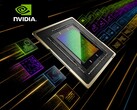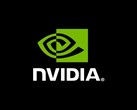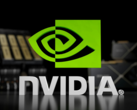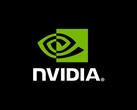A state-linked Chinese social media account (Yuyuan Tantian) has intensified criticism of Nvidia's China-specific H20 AI chips, calling them "neither environmentally friendly, nor advanced, nor safe," and implying the presence of hardware "backdoors" capable of functions such as remote shutdown. Nvidia has rejected the allegations, stating its products contain no backdoors.
The pushback comes amid a wider regulatory backdrop. China's cyberspace watchdog summoned Nvidia to a meeting on July 31 to ask whether H20 chips pose hidden security risks, a reference to covert means of bypassing authentication or controls, while People's Daily earlier urged the company to provide "convincing security proofs" to restore trust. Nvidia did not immediately comment when the reports appeared.
H20 was created after Washington tightened export curbs on advanced AI GPUs in late 2023, limiting what US chipmakers could ship to China. In 2025, the Trump administration briefly banned sales of these China-bound models in April before reversing course in July, further complicating supply conditions for local customers and cloud providers.
Despite performance that trails Nvidia's flagship H200, the H20 has reportedly sold strongly in China, helping lift Nvidia's revenue even as the product moved in and out of export control between April and July 2025. At the same time, Chinese authorities have voiced fears about possible geolocation features and hidden access paths; US policymakers have floated location-tracking mandates for high-end GPUs, with a bill introduced in mid-May and additional White House consideration noted earlier this month.
The rhetoric from state-linked social outlets may serve a signaling function. China often uses such accounts to shape agendas without formal policy declarations, and the H20 controversy could channel demand toward domestic accelerators such as Huawei's Ascend line. That prospect sits alongside a parallel gray market: estimates suggest roughly $1 billion worth of banned AI GPUs moved in the last quarter. At the same time, some sellers already advertise Nvidia's next-generation B300 for later this year.
For now, the core claims remain contested. Yuyuan Tantian's post urges buyers to abstain on security and sustainability grounds. At the same time, Nvidia maintains that its GPUs contain no kill switches, spyware, or remote-access mechanisms. The outcome of Beijing's inquiry, and any ensuing technical disclosures, will determine whether concerns over backdoors translate into procurement changes or further regulatory action.
Source(s)
Reuters (in English)



















